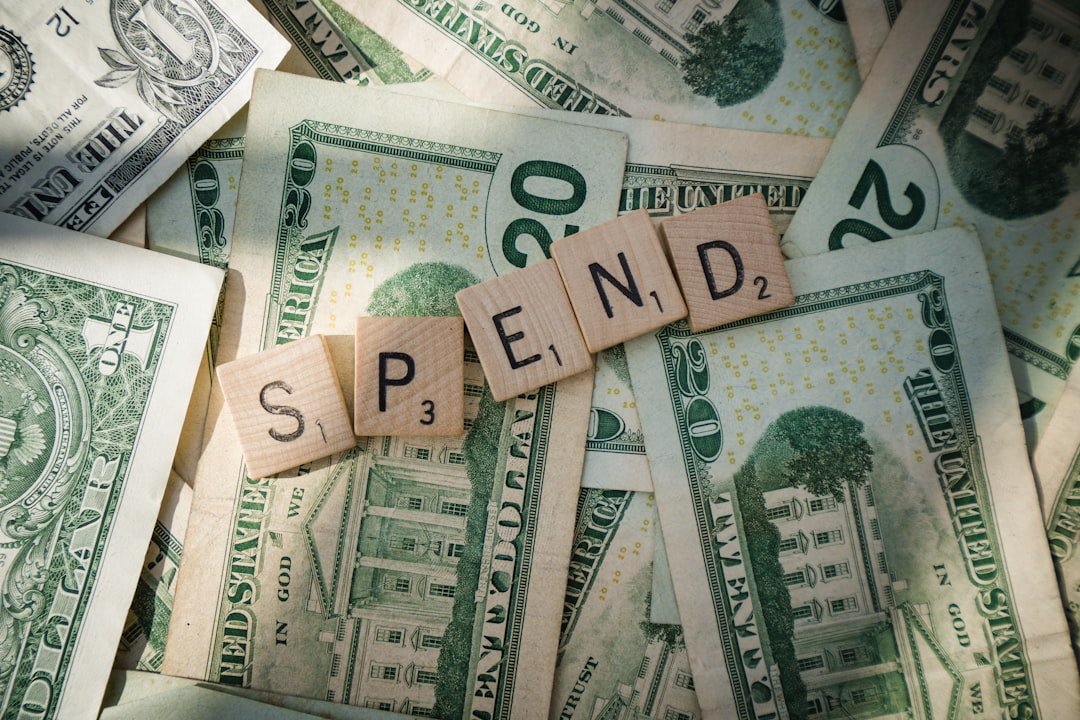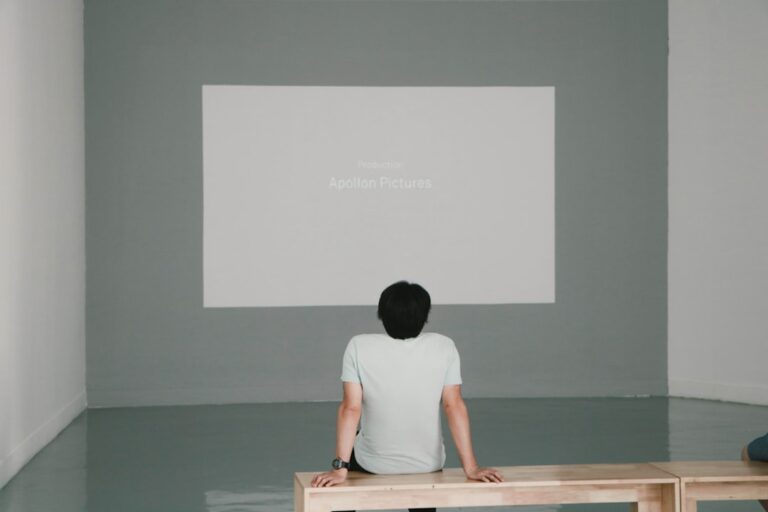
Does the thought of your bank balance make your stomach clench? Do you dream of financial freedom but feel trapped in a cycle of spending? I’ve been there, feeling the weight of financial anxiety, wondering if I’d ever get ahead. It felt like I was constantly chasing something, always wanting more, and never quite feeling satisfied. But what if I told you that true financial peace doesn’t come from having more, but from wanting less?
For years, I believed financial success meant earning a lot and buying whatever I desired. Yet, even when I had more, I often felt less fulfilled. My journey to a more balanced and healthy life, from losing over 110 pounds to building a productive routine, taught me a powerful lesson: simplicity brings clarity. This applies profoundly to our money. Minimalist budgeting isn't about deprivation. It is about aligning your spending with your deepest values, finding freedom from consumerism, and building a life rich in purpose, not just possessions. It’s about being a good steward of what you have.
If you’re ready to simplify your finances and build a stronger foundation, here are 10 tips that have helped me, and I believe they can help you too.
1. Know Your Deep "Why"
Before you even look at numbers, ask yourself why you want to budget minimally. Is it to reduce stress? Save for something meaningful? Gain freedom from debt? For me, a big part of finding a balanced life was realizing my time and resources are precious. I wanted my money to serve my purpose, not the other way around. Connecting my finances to my deeper goals, like strengthening my faith and serving others, gave budgeting a whole new meaning. This "why" will keep you motivated when things get tough.
2. Track Every Penny (At First)
This step can feel intimidating, but it is incredibly revealing. For one month, write down every single dollar you spend. Use a simple notebook, a spreadsheet, or an app. Do not judge yourself. Just observe. You will likely find patterns and surprising drains on your money. When I first did this, I was shocked at how much I spent on impulse buys and quick fixes like unhealthy takeout, something I was also battling with binge eating. Seeing the numbers clearly helped me identify habits I needed to change.
3. Distinguish Needs from Wants
This is a core minimalist principle. A "need" keeps you alive and safe: shelter, basic food, essential utilities, transportation to work. A "want" improves your comfort or enjoyment: eating out, new clothes you do not need, entertainment subscriptions. Be honest with yourself. This exercise helps shift your perspective from impulsive spending to intentional living.
4. Ruthlessly Cut the Fat
Once you know your needs and wants, look for areas to cut. Start with the wants that bring you the least joy. For example, when I was overcoming my gaming addiction, I realized how much money I spent on new games or in-game purchases. Letting go of that habit was not just about time; it directly saved me a significant amount of money each month. Similarly, cutting back on expensive coffee shop visits or unused subscriptions can free up a lot of cash. This step is about removing expenses that do not align with your "why."
5. Automate Your Savings
Make saving effortless. Set up an automatic transfer from your checking to your savings account right after you get paid. Even a small amount, like $25 or $50, adds up over time. Pay yourself first. This simple action removes the temptation to spend that money because you never even see it in your spending account.
6. Embrace Delayed Gratification
This was a huge lesson for me, especially in overcoming binge eating and other instant gratification habits. When you feel the urge to buy something non-essential, pause. Give yourself a waiting period—24 hours, a week, even a month. Often, the desire fades. This helps you avoid impulse purchases and ensures your spending is intentional. Ask yourself: "Do I truly need this, or am I just reacting to an immediate desire?"
7. Cook at Home More
Eating out is convenient, but it is often expensive and less healthy. Learning to cook simple, wholesome meals at home is a powerful way to save money and take control of your diet. I found that preparing my own meals helped me stay on track with my weight loss journey and significantly reduced my food budget. It also became a quiet, grounding ritual in my daily routine.
8. Set Clear, Achievable Financial Goals
Vague goals like "save more money" rarely work. Instead, set specific goals: "I will save $500 for an emergency fund by the end of the year" or "I will pay off $1,000 of credit card debt in six months." Break bigger goals into small, manageable steps. Just like celebrating small wins in my health journey kept me motivated, celebrating each financial milestone fuels your progress.
9. Budget with Gratitude
Instead of focusing on what you cannot buy, focus on what you have. Be grateful for your income, your home, the food on your table. This mindset shift is powerful. My Orthodox Christian faith teaches me the importance of stewardship and thankfulness. When I approach my finances with gratitude, I see money not as a source of endless consumption, but as a resource given to me to manage wisely and to use for good. This perspective helps curb the desire for endless accumulation.
10. Regularly Review and Adjust Your Budget
A budget is not a set-it-and-forget-it document. Life changes. Your income might shift, unexpected expenses might arise, or your goals might evolve. Set aside time once a month, or at least every quarter, to review your spending and adjust your plan. Be flexible, learn from your past month, and make small tweaks to stay on track. This continuous process helps your budget remain a living, useful tool.
Minimalist budgeting is a journey, not a destination. It is about finding freedom, peace, and purpose in how you manage your resources. It might feel challenging at first, but with each small step, you build momentum and gain control. What is one small step you can take today to simplify your finances and align them with the life you truly want to live?





